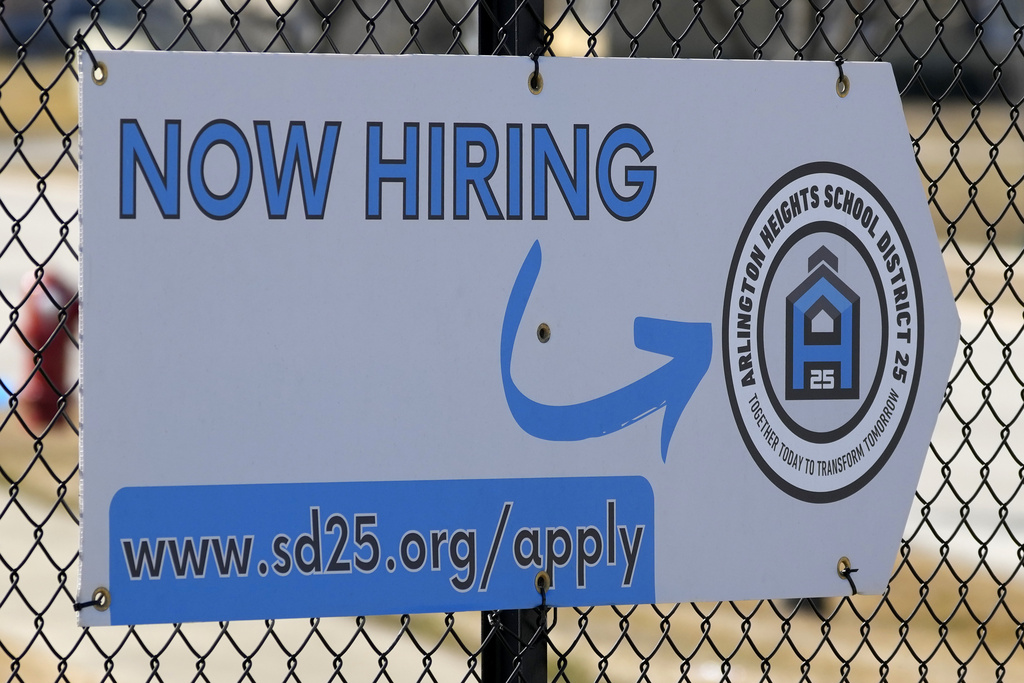The number of Americans signing up for unemployment benefits fell slightly last week, another sign that the labor market remains strong and most workers enjoy extraordinary job security.
The Labor Department reported Thursday that jobless claims dipped by 2,000 to 210,000. The four-week average of claims, which smooths out week-to-week ups and downs, rose by 2,500 to 211,250.
Overall, 1.8 million Americans were collecting unemployment benefits the week that ended March 9, up a modest 4,000 from the week before.
Applications for unemployment benefits are viewed as a proxy for layoffs and a sign of where the job market is headed. Despite high-profile job cuts at tech companies such as Google parent Alphabet, eBay and Cisco Systems, overall layoffs remain below pre-pandemic levels. The unemployment rate, 3.9% in February, has come in under 4% for 25 straight months, longest such streak since the 1960s.
The economy and the job market, supported by consumer spending, have proven resilient even though the Federal Reserve raised interest rates 11 times in 2022 and 2023 in an effort to combat inflation that flared up in 2021. Inflation has come down from a four-decade high 9.1% in June 2022 to 3.2% in February — but remains above the central bank’s 2% target.
Hiring has slowed from the breakneck pace of three years ago but remains strong: Employers added a record 604,000 jobs a month in 2021, 377,000 in 2022 and 251,000 last year. In February, job creation rose unexpectedly to 275,000.
“Overall, layoffs remain at low levels,” said Rubeela Farooqi, chief U.S. economist at High Frequency Economics. ”We expect job growth to slow somewhat but the unemployment rate to remain low this year.”
The combination of easing inflation and a sturdy economy has raised hopes that the Fed can manage a so-called soft landing and tame price increases without tipping the economy into a recession. On Wednesday, the Fed signaled that it still expects to reverse policy and cut rates three times this year — a sign of confidence in the progress being made against inflation.
(AP)











